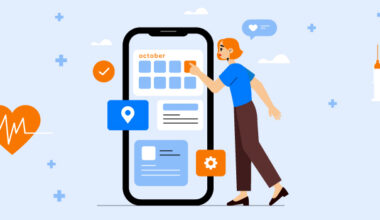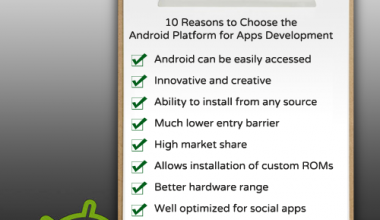Apple Inc.’s iPad isn’t having an easy time during college admissions season.
The tablet, lauded by many as the next wave in education technology, is having difficulty being accepted at George Washington University and Princeton University because of network stability issues. Cornell University also says it is seeing connectivity problems with the device and is concerned about bandwidth overload.
Such issues could be a blow to Apple, which has gone after the higher education market by highlighting the iPad’s portability and availability of electronic books. But students may not be willing to pay $499—or more, depending on the type of iPad—if they still need a desktop or laptop computer to check course assignments or email. Some higher education insiders also worry there isn’t enough educational content available via the iBookstore application to eliminate expensive physical textbooks.
George Washington said earlier this month its wireless network’s security features don’t support the iPad—or iPhone and iPod Touch, for that matter. Princeton on Wednesday said it has proactively blocked about 20% of the devices from its network after noticing malfunctions that can affect the entire school’s computer system. Princeton is working with Apple to resolve the issue, according to a statement on the school’s Web site.
Cornell’s information-technology director Steve Schuster said via email last week that the school is seeing networking and connectivity issues and is “working to ensure the iPad does not have devastating consequences to our network.” Mr. Schuster added that when the iPhone arrived on campus it overwhelmed the network’s bandwidth capabilities.
The colleges all say they are trying to find fixes to the problems. George Washington has said it could take until next spring before the iPad operating system is fully supported on its network.
Apple spokeswoman Teresa Brewer said she wasn’t familiar with the schools’ problems. The company sold more than 500,000 iPads the first week the product was in stores.
To be sure, many school networks are accepting iPads without problem. And some universities are even embracing the device. Seton Hill University in Greensburg, Pa., has promised free iPads and MacBooks to all incoming freshmen next fall, and Newberg, Ore.-based George Fox University will give students a choice between the two.
But even those schools acknowledge the device has its drawbacks. Most of Seton Hill’s 2,145 students will have to pay up to $800 a year in additional technology fees for an expanded wireless network and support system.
And Seton Hill says students may still need to buy textbooks. “We believe the iPad will make e-textbooks more viable to assign and use,” said Kary Coleman, media relations director for the school, in an emailed statement. Seventy faculty members are in training to learn how to incorporate the computer and tablet into the classroom, she said, but “some faculty may choose to continue to use physical textbooks for their courses.”
Industry analysts and professors say schools won’t fully embrace iPads until textbook publishers offer more digital resources that go beyond electronic versions of hard copy books. Educational books can be more difficult than trade paperbacks to translate into e-books because they often include graphs, mathematical formulas and other non-standard-text material.
A Princeton pilot study last fall found that students were frustrated by the lack of a note-taking or highlighting function on Amazon.com Inc.’s Kindle e-reader. Apple’s iBookstore now offers books in a similar format, though third-party companies are working on alternatives.
Houghton Mifflin Co.’s Harcourt, Pearson PLC and McGraw-Hill Cos., among others, have formed partnerships with application developer ScrollMotion for interactive digital texts. But ScrollMotion has only one set of texts available for the iPhone so far: medical school entrance exam and licensing test study guides from Washington Post Co.’s Kaplan Publishing. It doesn’t yet provide any textbooks for the iPad.
ScrollMotion co-founder Josh Koppel says iPad offerings will be available within “several months” but wouldn’t provide further details, citing continuing talks with publishers. He said the products would allow for notations, audio notes and an interactive glossary. “We’re not just turning a book into a PDF,” Mr. Koppel said.
Resource:
http://online.wsj.com/article/SB10001424052748703594404575192330930646778.html?mod=rss_Today%27s_Most_Popular


